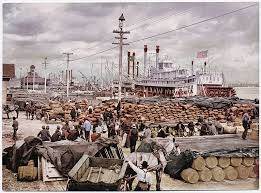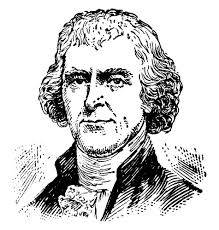An overview
The purchase was not only about land but also western expansion, international relations, and the nation's wealth. But the human cost was above all expenses. A vast population of human settlements came with land and other national and international features.
Modern-day 342 million dollars were equivalent to only 15 million dollars back then. The Louisiana purchase is considered to be the best bargain to date. The investment not only gave America rights over the land of Louisiana but rights over the territory's inhabitants.

Read also: what-is-the-state-history-of-louisiana?
Effect on Democracy
The united states had exclusive authority over the indigenous people
of the region and could control them either by treaties or by violence. Ultimately it was the native inhabitants of America America who had to pay the price of the
western expansion of their country.
They were subjected to inhuman treaties and unfair discriminatory and genocidal policies.
More than ten thousand indigenous inhabitants of America were forced to move away from their lands along the trail of tears. Around 5000 people lost their lives
during the incident. Louisiana and New Orleans continued to remain the hubs of the slave trade.

Trade and commerce
By 1840, New Orleans had become one of the wealthiest cities in the US. The first half of the 19th century turned out to be the golden period for New Orleans. It was the biggest port city in the US.
The primary product of the united states, cotton, was exported and imported through this port. The port of New Orleans had earned a total revenue of more than 54 million through trade in 1835. around 400 steamboats were traveling across the Mississippi river.